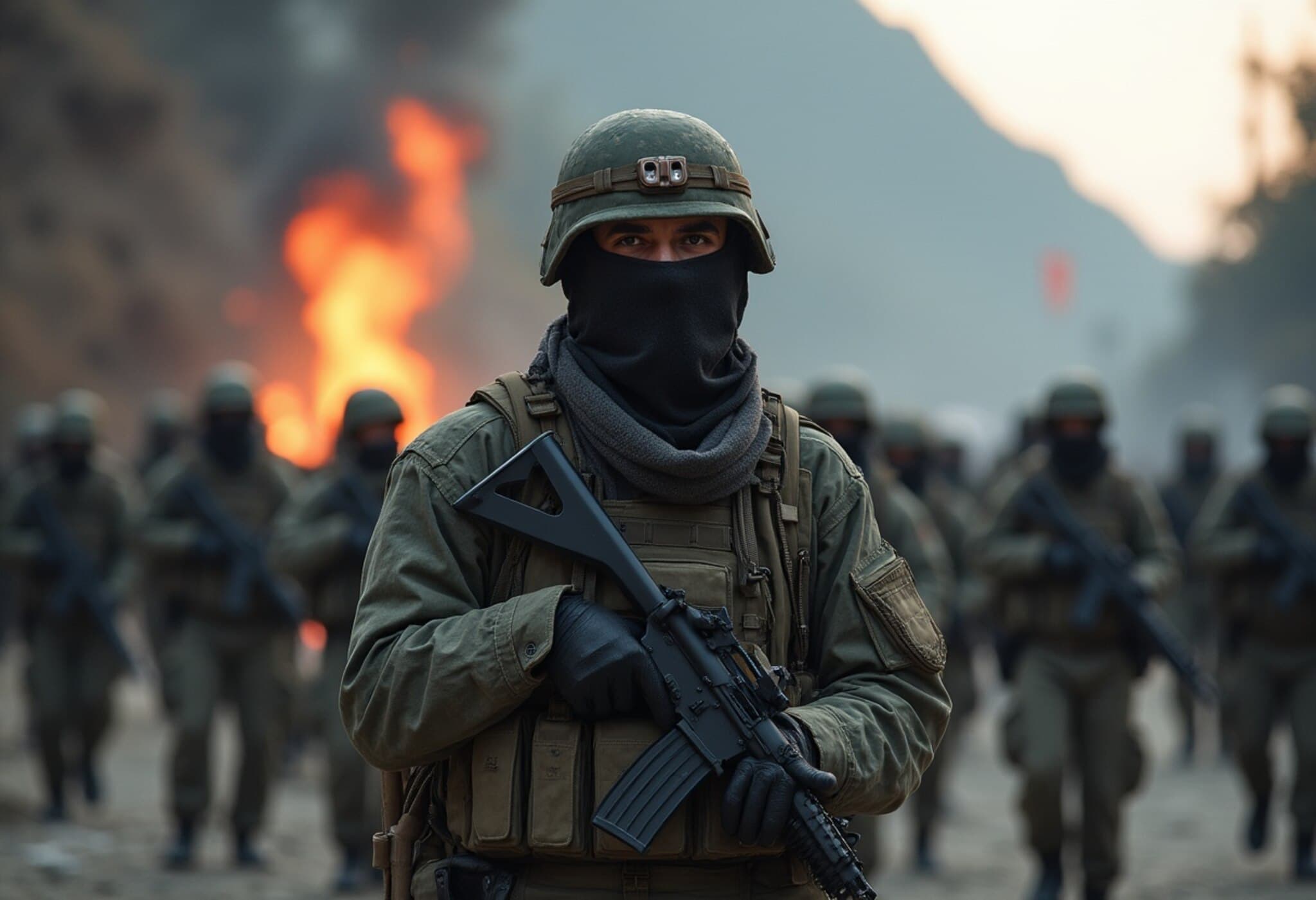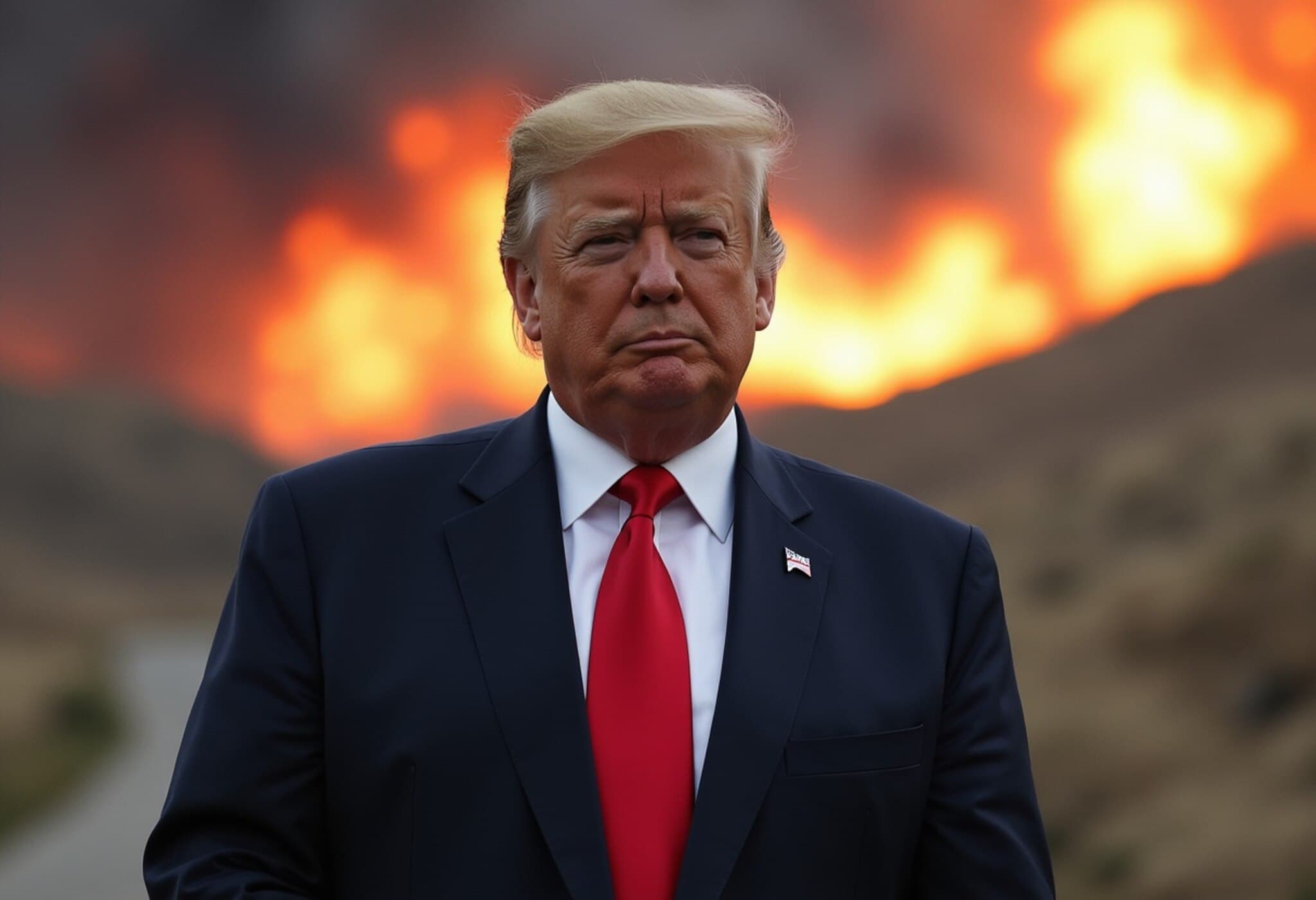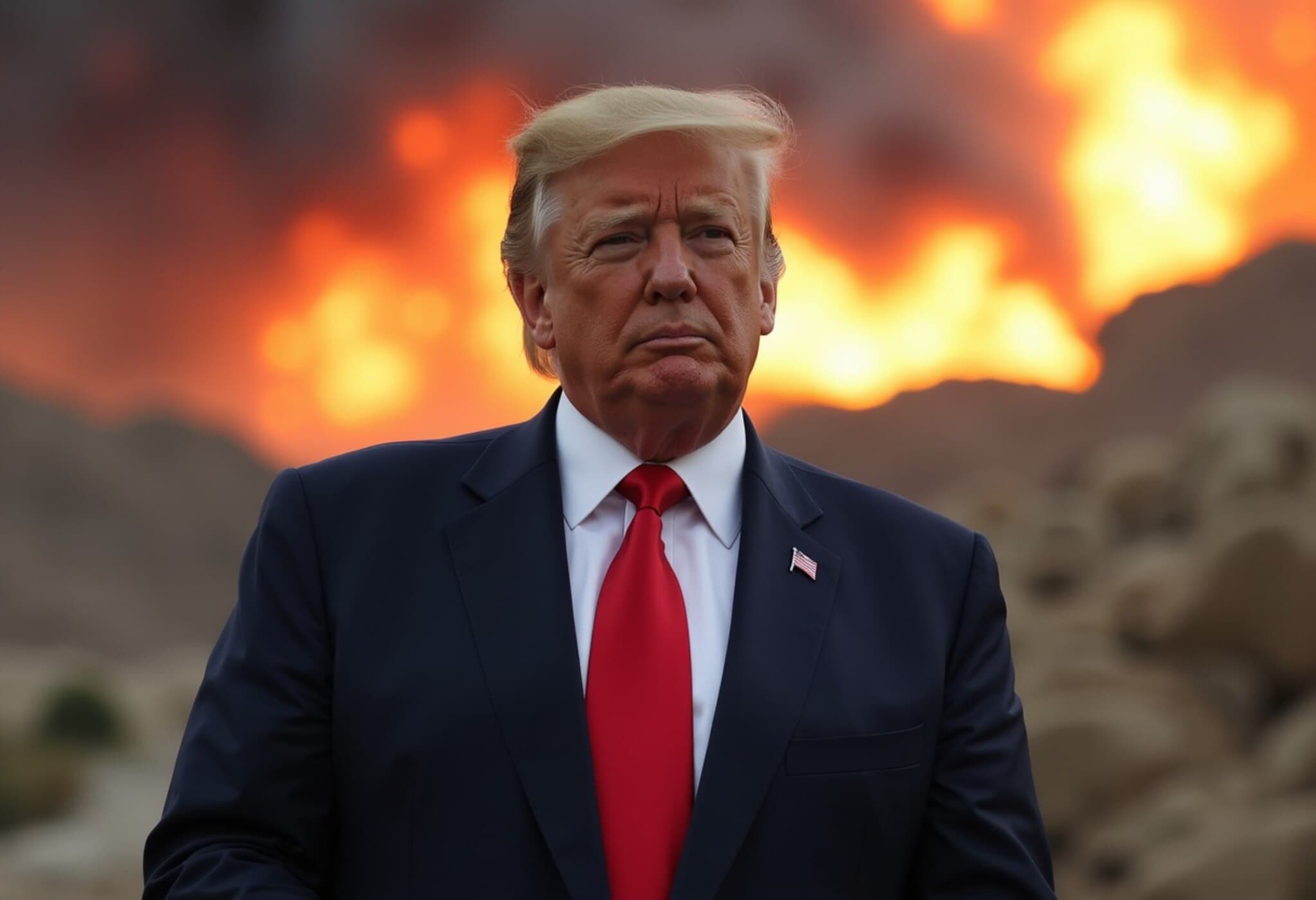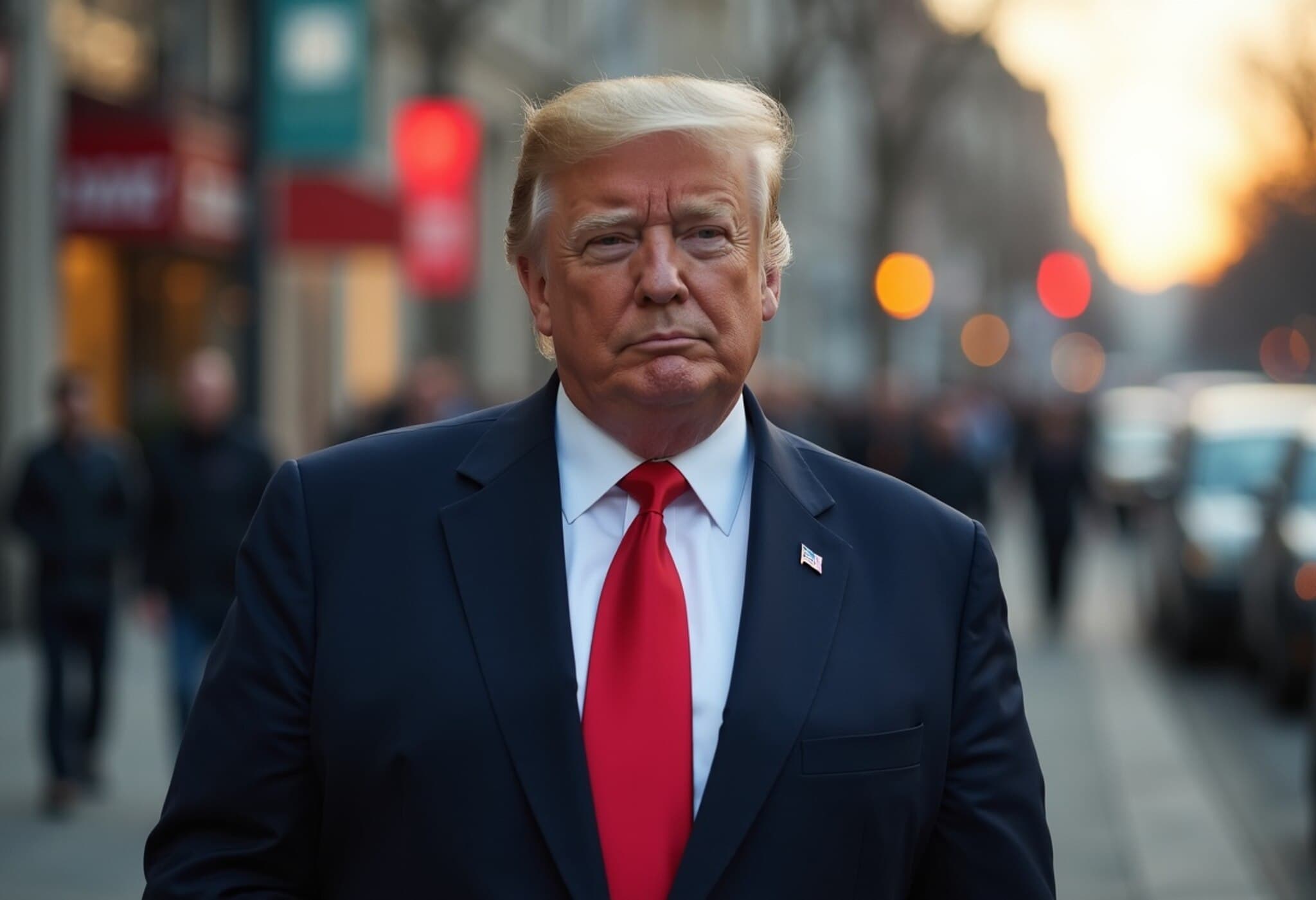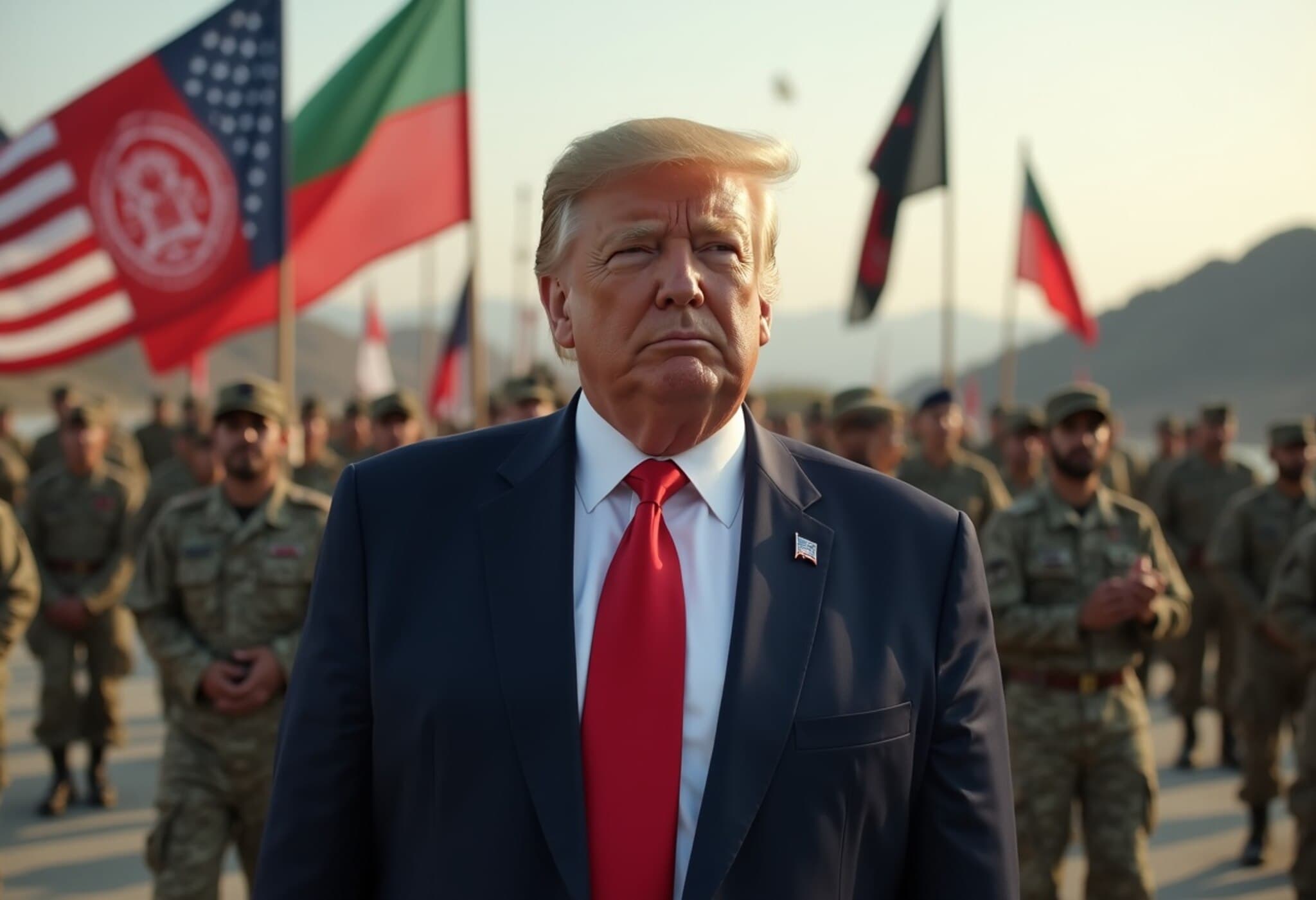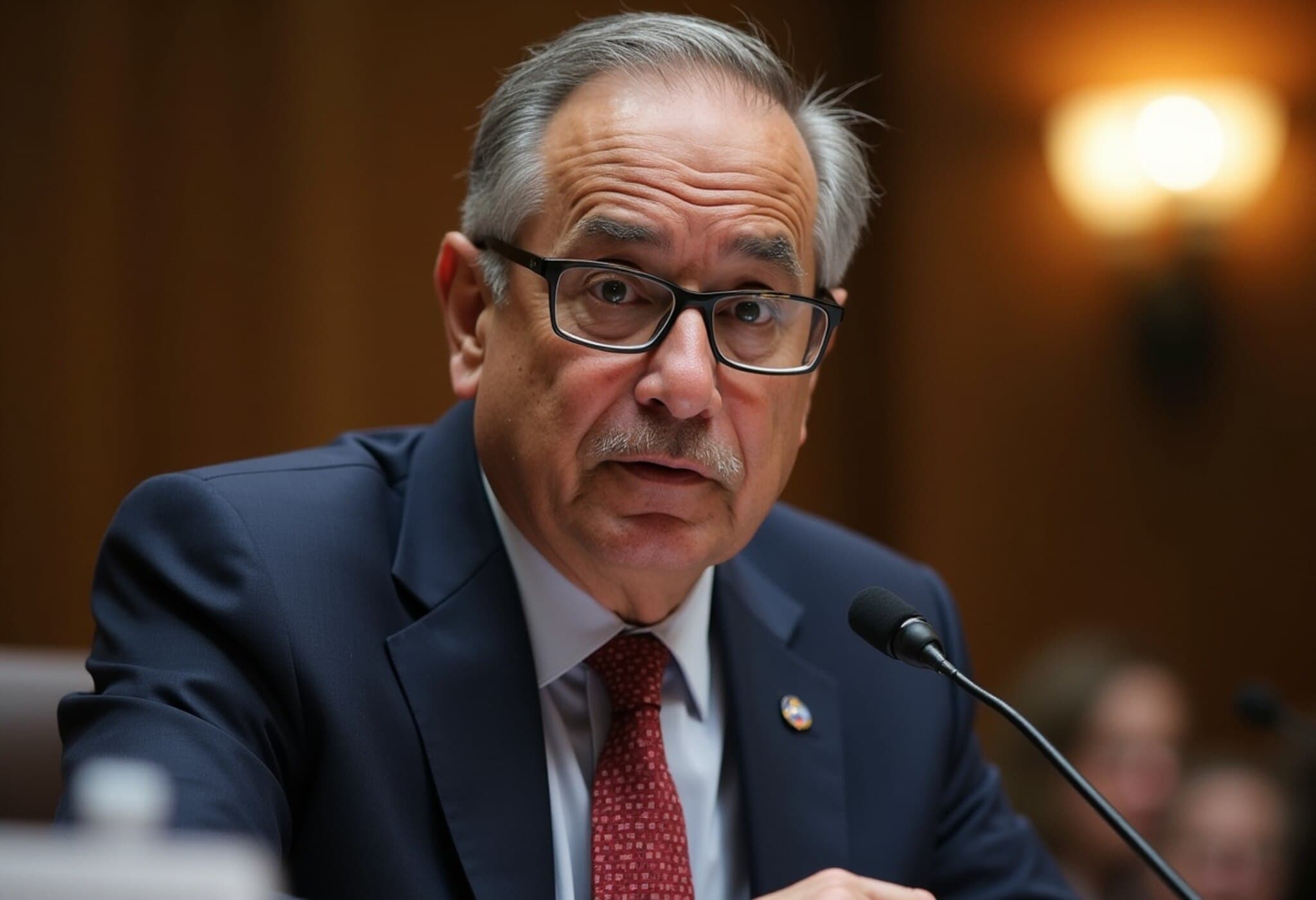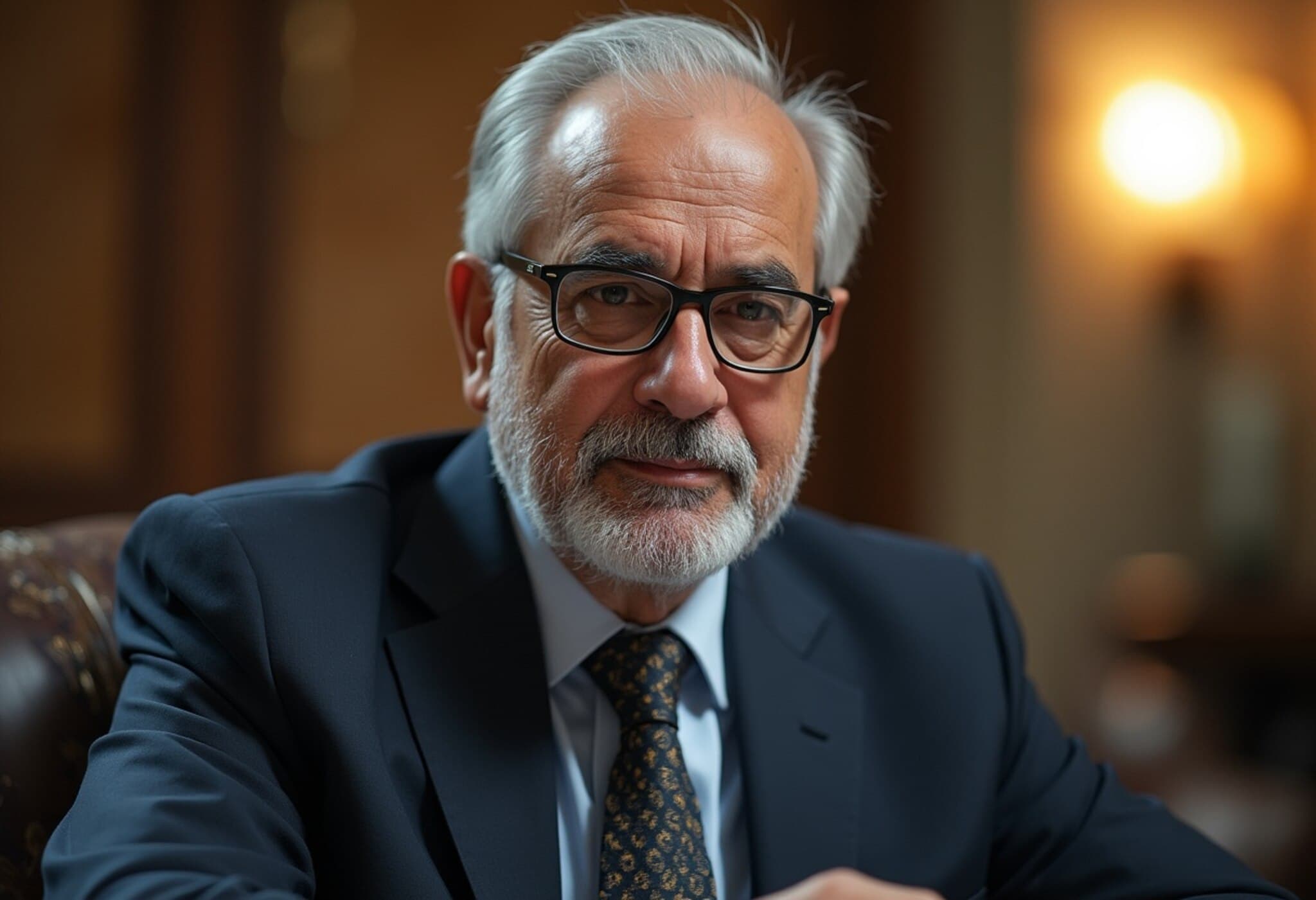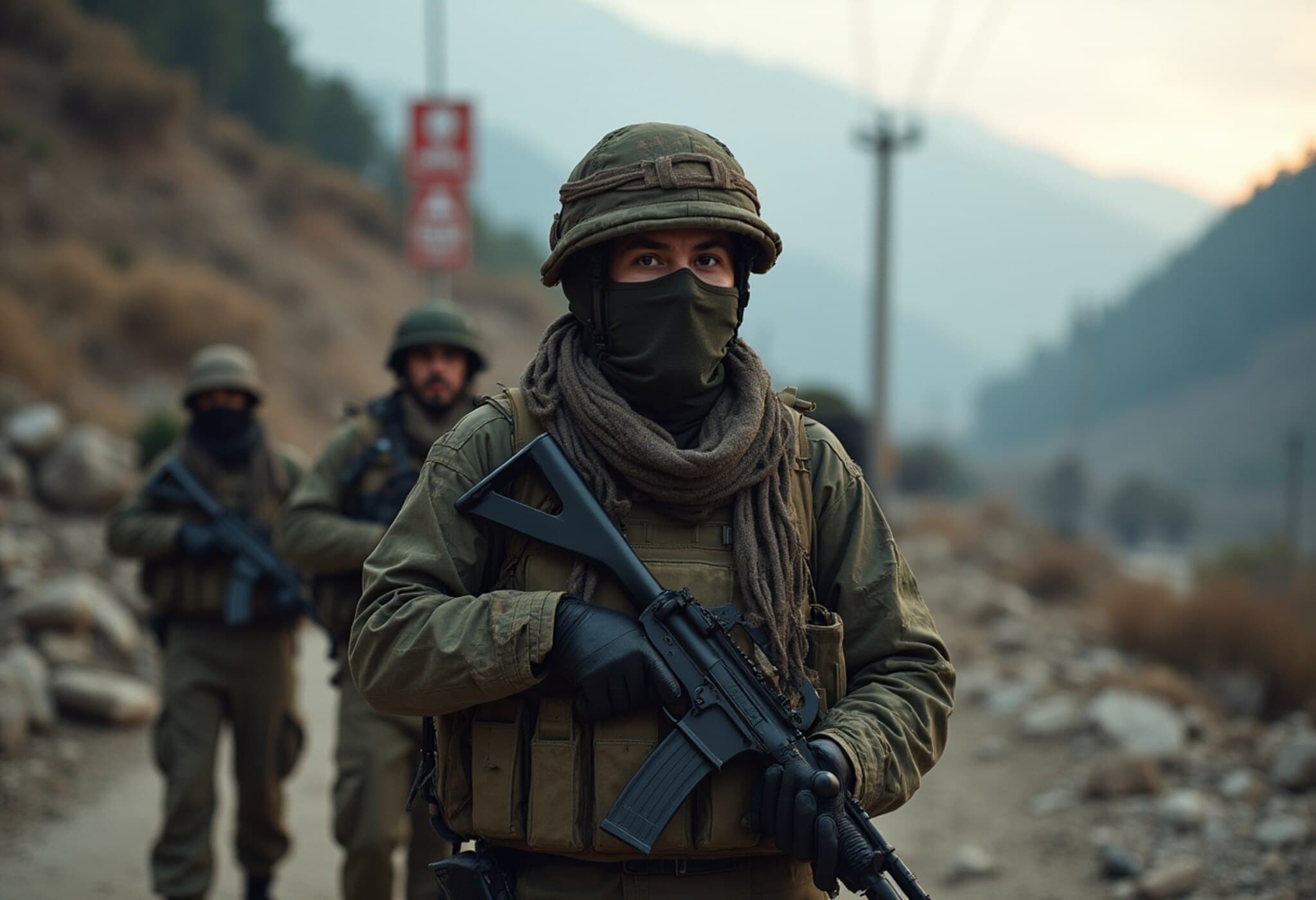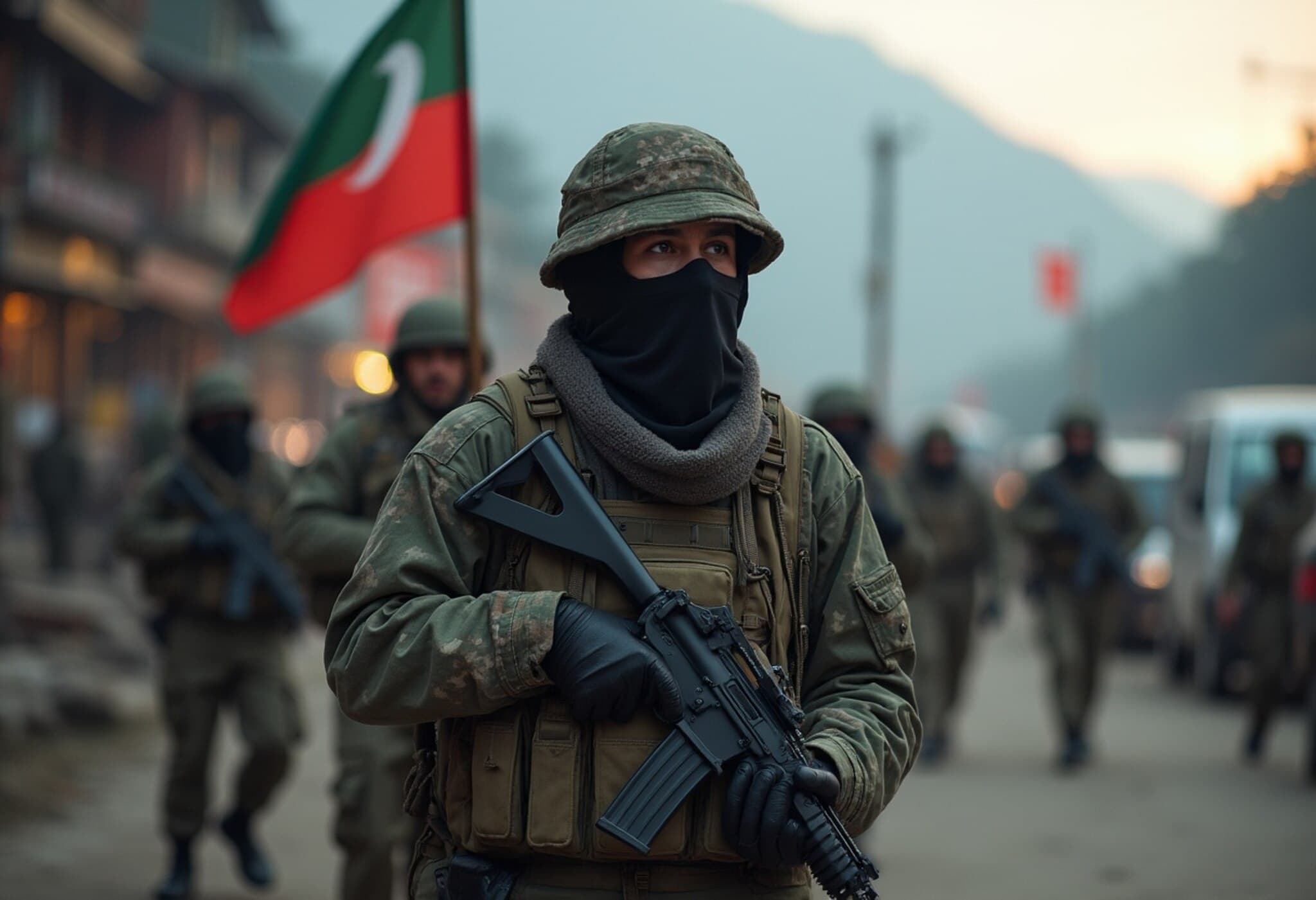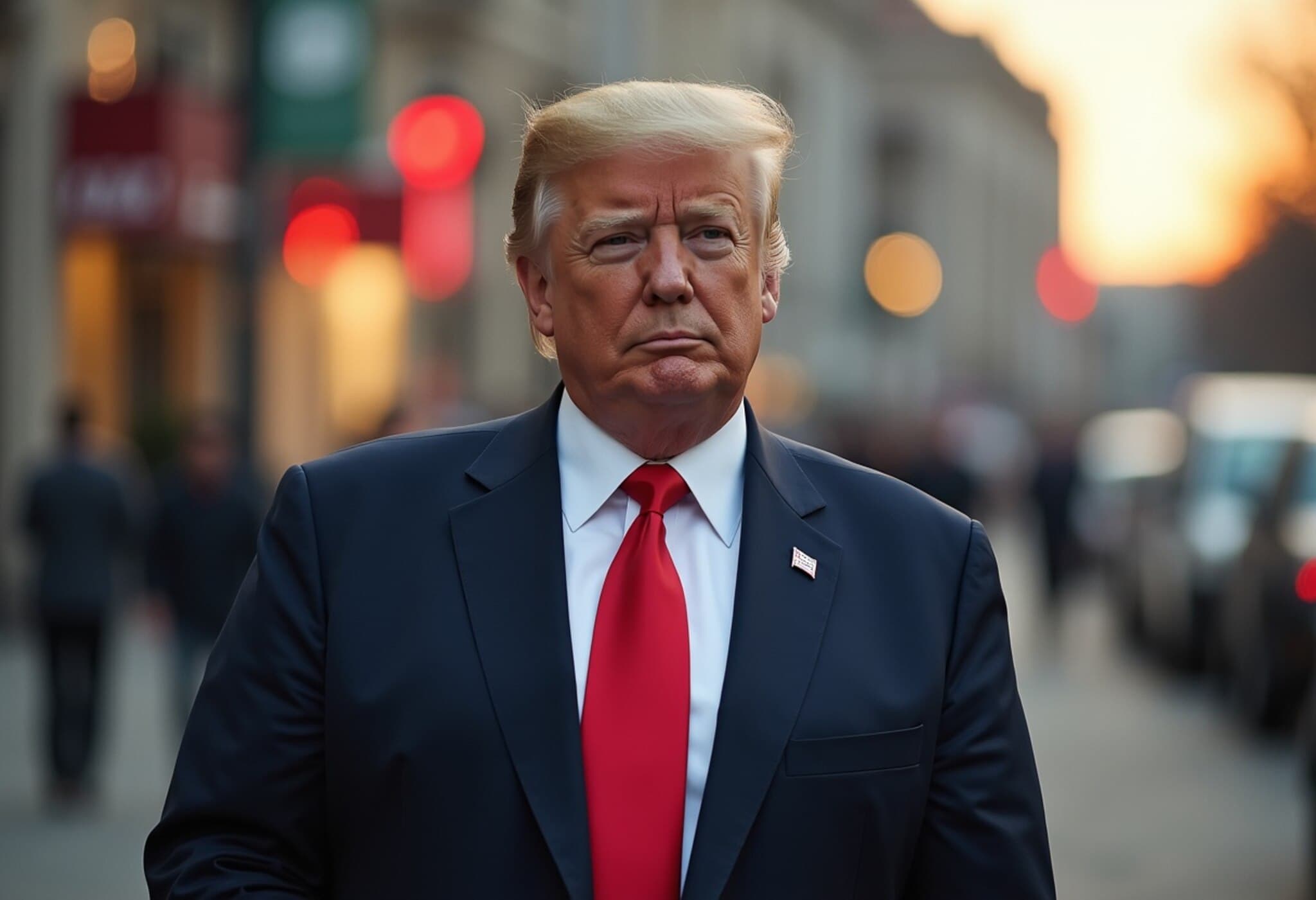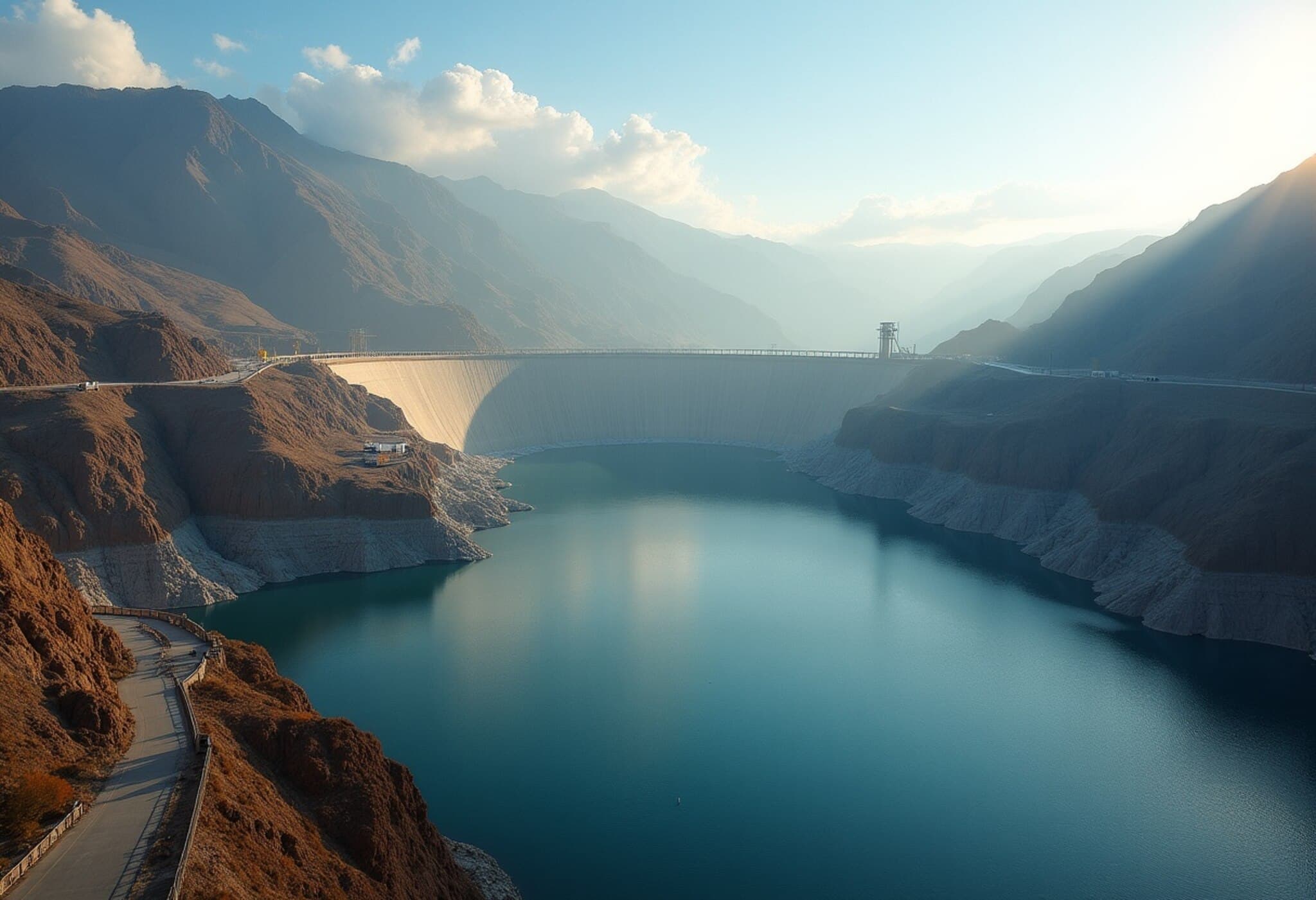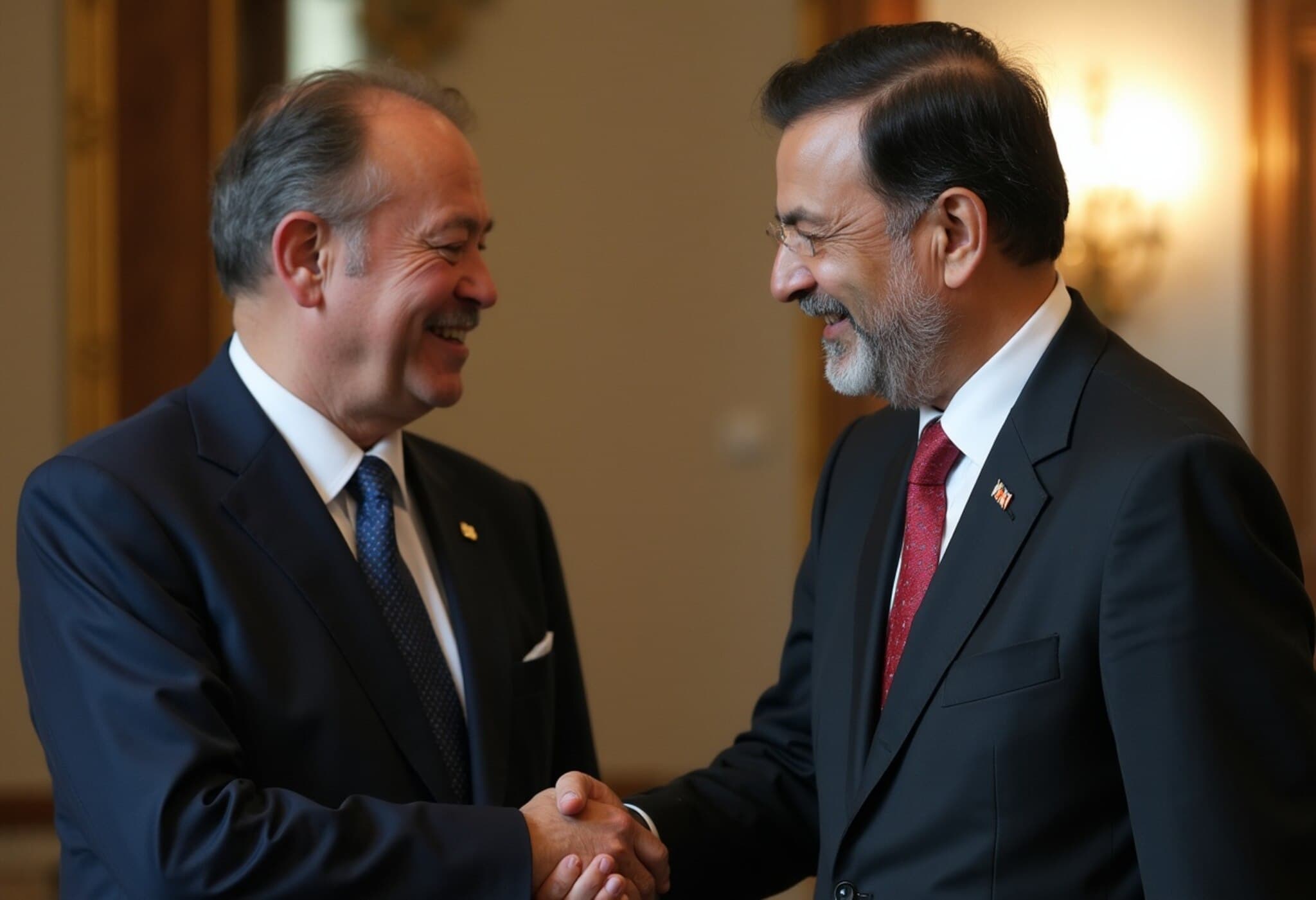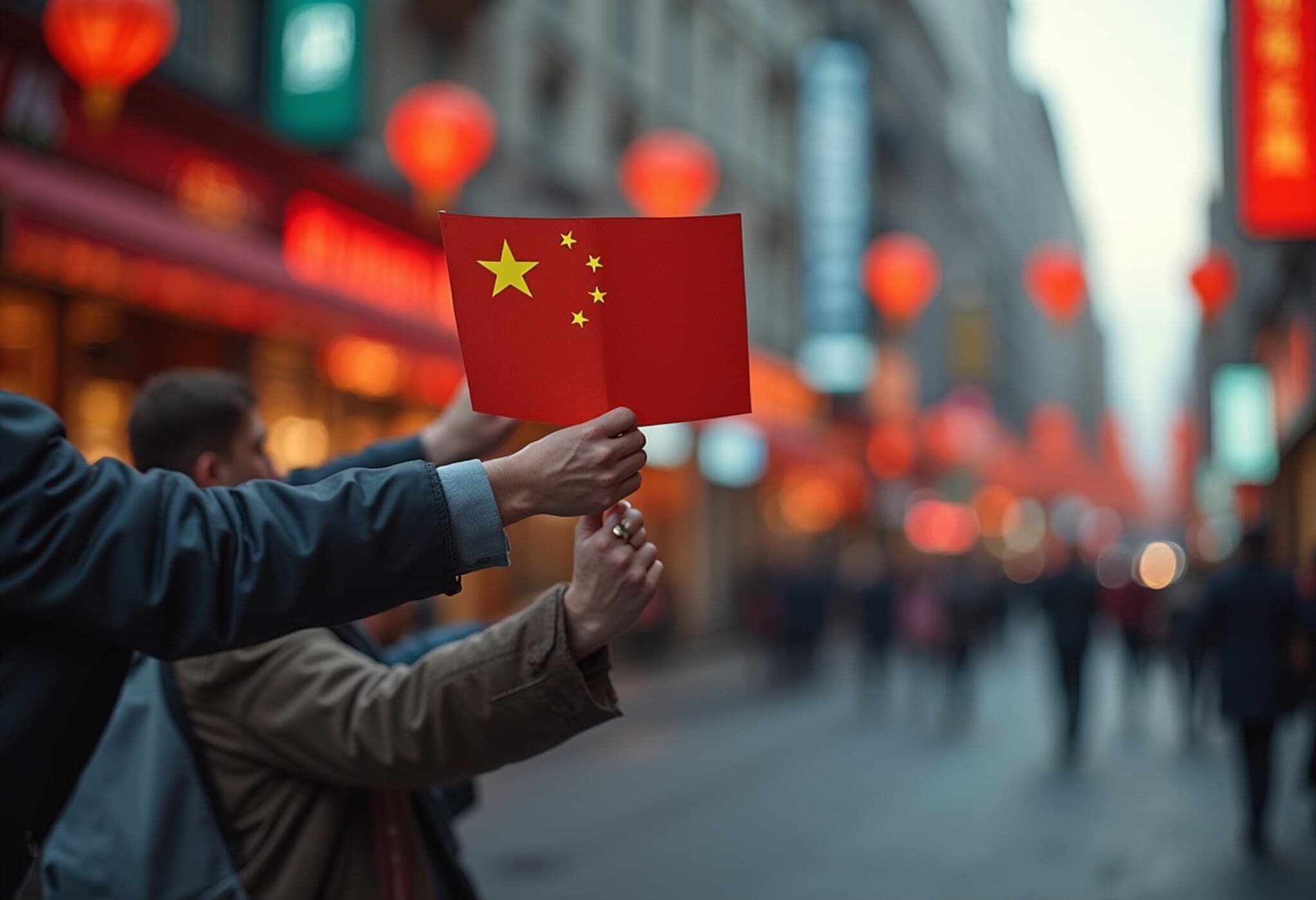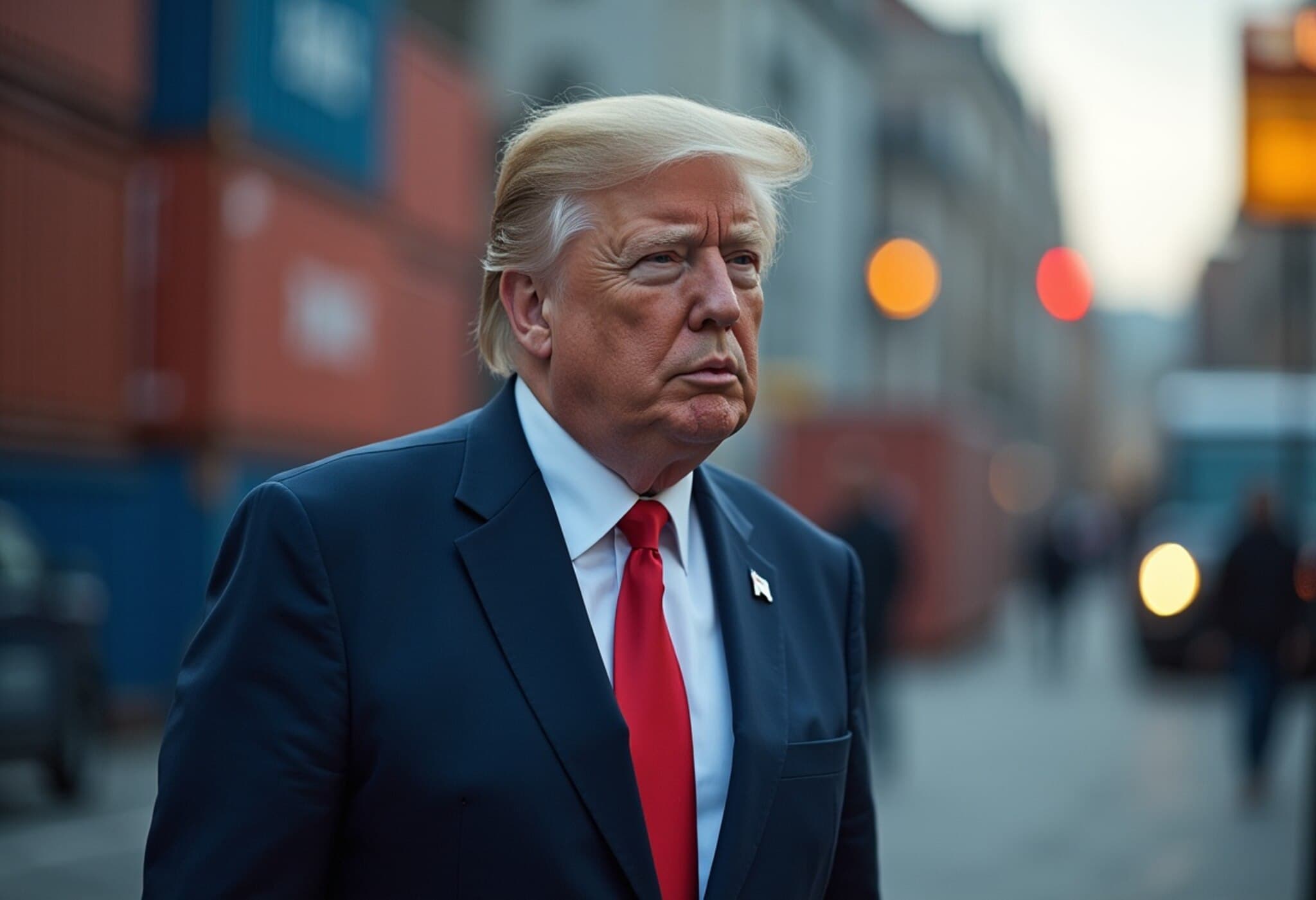US House Foreign Affairs Committee Backs Global Terror Designation for TRF
In a decisive move reflecting growing international consensus, the US House Committee on Foreign Affairs has strongly endorsed the designation of The Resistance Front (TRF), a proxy group aligned with Lashkar-e-Taiba (LeT), as a global terrorist organization. This development comes on the heels of a brutal terror attack in Pahalgam where 26 civilians, predominantly tourists, lost their lives.
The Significance of the Designation
The committee's unanimous support for labeling TRF as a Foreign Terrorist Organization (FTO) and a Specially Designated Global Terrorist (SDGT) underscores a firm stance against organizations that target innocent civilians to advance geopolitical agendas. Chair of the committee, Representative Brian Mast, emphasized in a public statement on social media platform X (formerly Twitter) that “when you butcher civilians, you don’t get a pass—you get justice.”
He further reaffirmed that the attack in Pahalgam was "simple and straightforward terrorism," refuting any ambiguity around the nature of the violence.
Contextualizing TRF’s Role and Pakistan’s Proxy Warfare
Experts note that TRF functions as a shadow extension of Lashkar-e-Taiba, one of Pakistan’s most notorious militant groups. Analysts and security officials assert that Pakistan has long relied on such proxy entities as part of its strategic doctrine often described as "bleeding India with a thousand cuts," aiming to destabilize India without engaging in conventional warfare.
- Pakistan's military and intelligence apparatuses are widely believed to train and fund these groups.
- To evade mounting international sanctions, original groups like LeT have strategically splintered, cultivating offshoots such as TRF to continue terrorist operations discreetly inside Indian territory.
Media Accountability and the Importance of Language
The committee also publicly criticized The New York Times for its initial April 22 headline on the Pahalgam attack, which referred to the perpetrators as "militants". The committee argued this language dangerously downplays the brutality of the attack and dilutes the clarity needed to address terrorism effectively.
In a symbolic gesture shared online, they displayed the article headline with the word "militants" crossed out and replaced emphatically by "terrorists" in bold red letters — a call for heightened journalistic responsibility when reporting on acts of terror.
Expert Insight: Why This Matters for US and Global Security
From an American policy perspective, firm designations like FTO and SDGT enable the US government to impose stringent sanctions, restrict financial networks, and increase cooperation with international partners to combat terrorism financing. Terror groups exploiting ungoverned spaces destabilize regions, impacting global trade, regional alliances, and even US homeland security by fostering transnational extremist networks.
Furthermore, this congressional endorsement sends a powerful diplomatic message to countries harboring or tacitly supporting such groups, reinforcing accountability and the need for transparent counterterrorism cooperation.
Underreported Dimensions: The Human Cost and Regional Ramifications
Beyond political declarations, the human toll of attacks like the Pahalgam massacre reverberates deeply across affected communities, especially in tourism-dependent economies where fear undermines livelihoods. The global community must recognize that terrorism’s ripple effects extend well beyond immediate casualties, inciting polarization and disrupting peace-building efforts across South Asia.
U.S. lawmakers’ recognition and condemnation of proxy terror groups highlight not only the complexity of modern asymmetric warfare but also the urgent need for multilateral strategies addressing root causes and regional tensions.
Conclusion
The US House Foreign Affairs Committee’s backing for designating TRF as a terror outfit situates the group firmly on the global watchlist. It marks a pivotal step in international efforts to curb terror activities sustained by proxy operations. Yet, it also raises persistent questions about regional diplomacy, accountability, and the nuanced challenge of dismantling entrenched terror networks that operate under multiple guises.
Editor’s Note
As this situation unfolds, readers should watch for how international diplomatic pressure shapes Pakistan’s policies toward militant groups, and whether these designations translate into tangible reductions in violence. Moreover, the role of media in framing terrorism remains critical—accurate language fosters informed public discourse and strengthens collective resolve against extremism.

